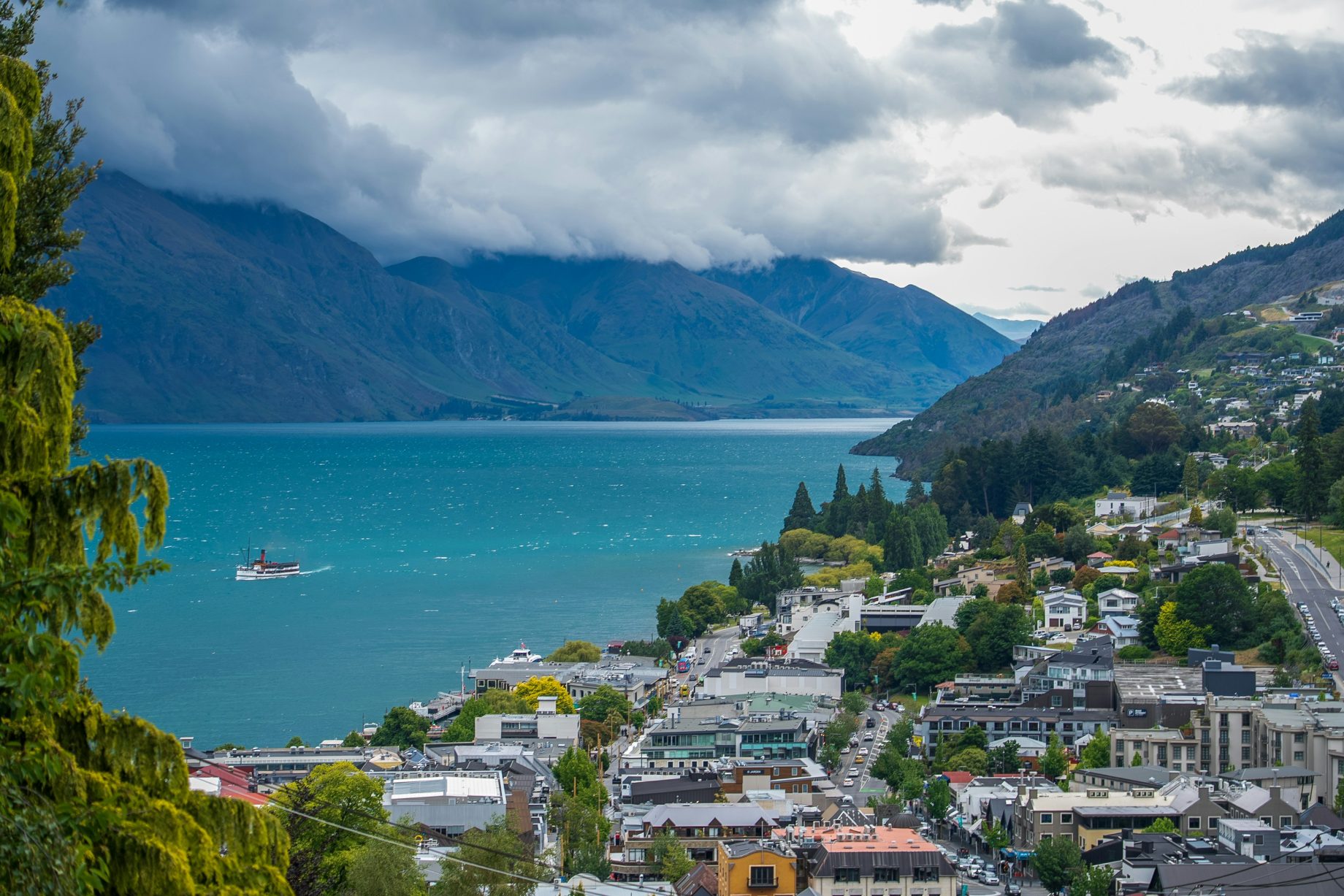New Zealand is facing a shortage of luxury residential rentals, with high-end accommodation agencies forced to decline around half of all enquiries from wealthy overseas visitors.
Greg Owen, co-founder of Stay Luxe, said the market has reached a “critical” point, with up to 50 requests coming in each week from international travellers willing to spend as much as NZD $15,000 per night for premium homes and additional services.
“Many of these homes sit unoccupied for extended periods as their owners travel overseas or relocate to other centres, leaving high-value assets idle rather than contributing to the tourism economy,” Owen said. “Unlocking that capacity is critical to the expansion of New Zealand’s accommodation infrastructure.”
Stays ranging from three weeks to a year are common, according to Owen, and around 10% of renters go on to purchase the properties.
“Many of our clients will stay for months in premium homes, experiencing suburban environments, local communities and schooling options before deciding to invest millions of dollars in a luxury property. That’s something a hotel stay simply cannot replicate,” he said.
Most enquiries are from North America and Europe, particularly Germany and the United States, often motivated by lifestyle relocation.
Owen estimates that “hundreds of thousands of dollars” are lost each week because of unmet demand. He cited an example of a North American billionaire prepared to spend NZD $500,000 for a 90-day stay, plus NZD $150,000 on staff and services.
“That is money unnecessarily lost to the New Zealand economy,” Owen said. “A luxury rental keeps spending in local hands, whether it’s cleaners, chefs, spa therapists, or property managers, whereas hotel profits largely flow offshore.”
Stay Luxe argues that luxury rentals can earn two to three times the income of a standard lease, yet many homeowners remain reluctant.
“A lot of homeowners think short-term luxury rentals mean parties or high risk. In reality, our clients are corporate families or investors who take great care of the properties,” Owen explained.
Owen contrasted New Zealand with Australia, where he said systems and inventory for high-end rentals are more advanced.
“We have the landscapes, the culture, and the safety that attract the world’s elite but without the properties available to host them, they will choose elsewhere.”
“Expanding this market isn’t just about private gain. It supports local jobs, boosts hospitality and service industries, and builds pathways for foreign investment. If New Zealand wants to position itself as a premium destination, we need to start treating luxury rentals as core tourism infrastructure,” he added.

